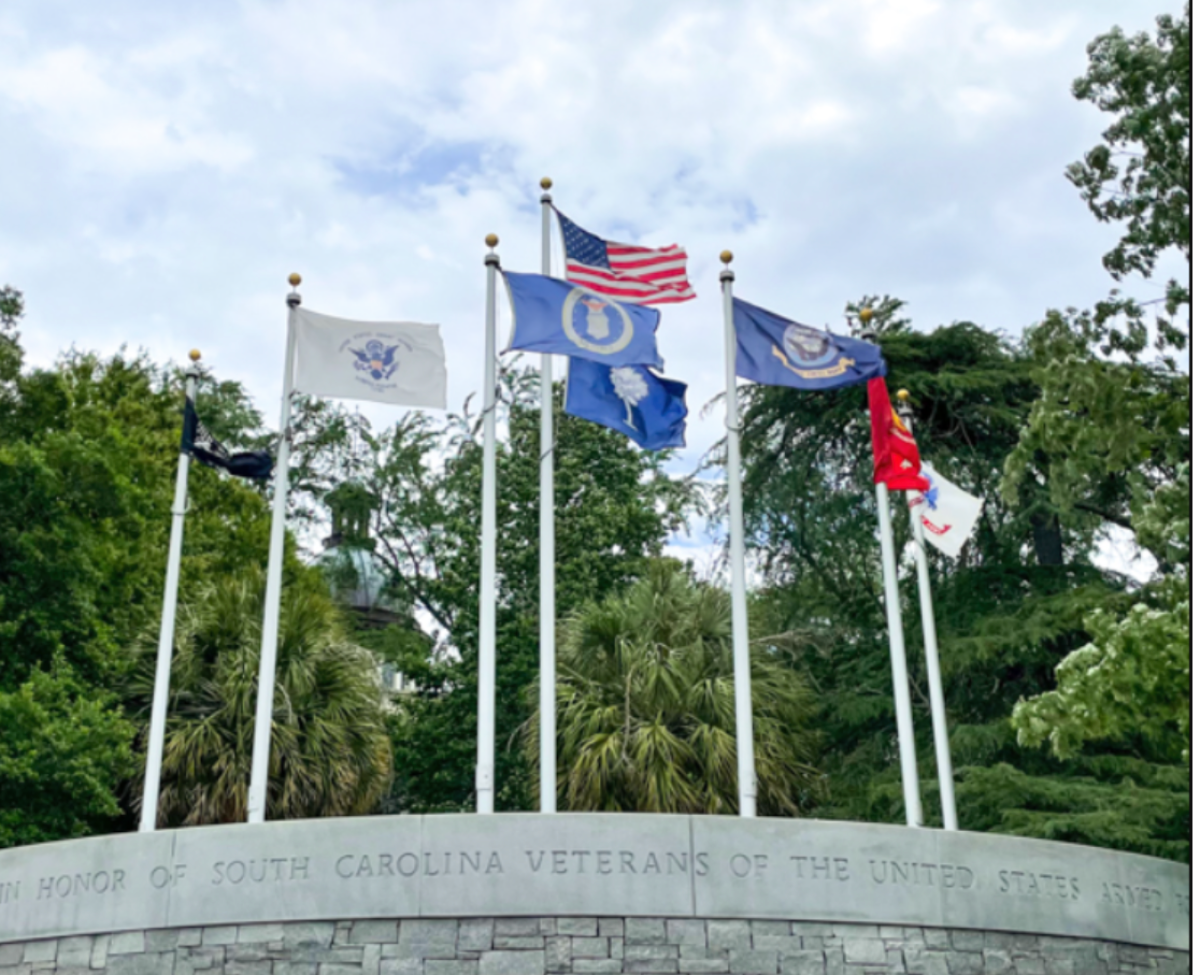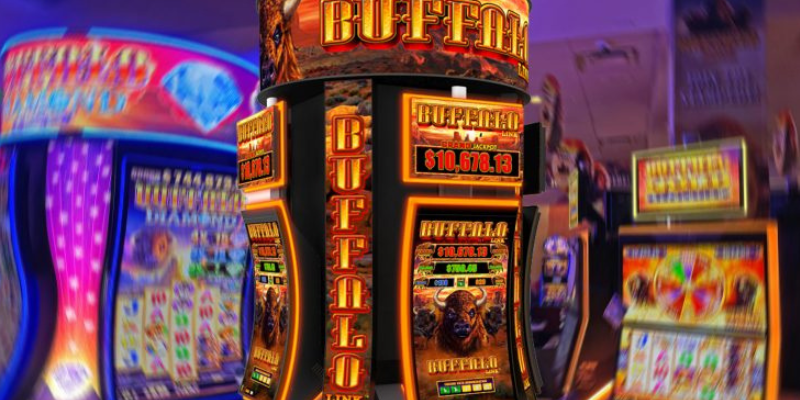
States across the country are considering legislation to legalize sports betting, while federal efforts are focused on regulating the growing industry. This is what happened last week.
South Carolina has a long history of gambling opposition owing to its religious and social conservatism. However, the recent legislation introduced in the state’s Senate could allow gambling and sports betting.
I-95 Economic and Education Stimulus Act introduced last week is seeking to authorize the first casino resort of the state to be built in Santee. This bill will need to be approved for the Wallace Cheves’ $1 Billion casino resort project to move forward. The Casino is planned to be built on an abandoned shopping complex and claims to attract over 4 million visitors each year, generate 4,600 jobs, and bring over $75 million in tax revenue for the state.
The supporters of this bill argue that the increase in tax revenue, along with the job opportunities created by the casino are much needed to boost the economy of the state.
On the other hand, Senator Thomas Davis introduced Senate Bill 444 to legalize sports betting in the county. The bill aims to amend the state’s gaming laws to legalize sports betting albeit under a supervisory commission. The commission called South Carolina Sports Wagering Commission would consist of nine members appointed by the governor, the president of the Senate, and the House speaker.
Eight sportsbook operators will be allowed to operate in the state for up to 5 years. The state will collect a 12.5% tax on the revenue generated by sports betting which will be used by local governments to fund infrastructure projects in the state.

Congressman Michael Baumgartner introduced a bill called the Providing Responsible Oversight and Transparency and Ensuring Collegiate Trust (PROTECT) Student Athletes Act. The bill HR 1552 aims to protect student athletes by banning the sportsbooks from allowing any wagers involving student athletes during the inter college sporting events.
The bets being referred to in the bill are called Prop bets. These bets, as defined in the bill, are wagers on specific actions or achievements by a student athlete that may or may not directly influence the outcome of the event. Congressman Maumgartner, in support of this bill, said,
“We are witnessing a troubling rise in harassment of college athletes on campuses, as well as an alarming increase in cases of student athletes being coerced into throwing games for financial gain.”
This bill goes hand in hand with the SAFE Bet Act, which aims to significantly put guardrails on the sports gaming industry on the federal level by limiting the exposure of sports betting to the public. The bill prohibits, among other things, gambling advertising during daytime and forces the sportsbook operators to adhere to certain restrictive federal protocols.
Both bills are aimed towards containing the highly profitable sports betting industry in the country. However, the support for these bills within the federal legislators is not significant. Both bills are sitting currently with the House Committee on Energy and Commerce, which is not keen on forwarding and passing these bills. The odds of such guardrails to be imposed on the sports betting industry seem low.

Nebraska remains one of the states where sports betting is only limited to the state’s casinos. However, State Senator Eliot Bostar introduced Bill LR20CA which is looking to change that. LR20CA puts forward a proposal to allow a public vote to legalize online sports betting in Nebraska. The bill moved to the Senate floor after it received an approval from the Nebraska Senate General Affairs Committee.
If approved the bill will allow the legislation to be put before the voters in the 2026 elections. According to the state’s Racing and Gaming Commission, Nebraska residents bet over $40 million on sports in 2024. If legalized, the number could be as high as $1.6 billion with around $32 million in tax revenue for the state. If this gets the public vote, casino operators will be able to offer sports betting in partnership with a national sportsbook.
The bettors from Nebraska are already moving to neighboring states to place bets, especially Iowa, where sports betting is legal. The number of border crossings is as high as 42,000, according to GeoComply SVP Lindsay Slater. Sean Ostrow from the Sports Betting Alliance 59% of Nebraskans would support mobile sports betting, according to polling data, and that number jumps to 65% when the proposal is for tax revenue collected from gambling to reduce property taxes.
The opposition for this bill is significant with the Gambling with the Good Life executive director Pat Loontjer saying that the impact on property taxes from online sports betting will be minimal. There are concerns about teenagers getting involved in gambling if it’s legalized within the state.